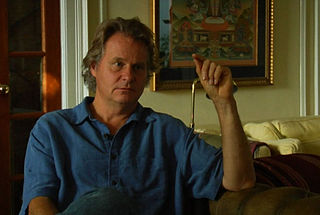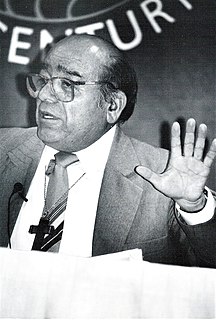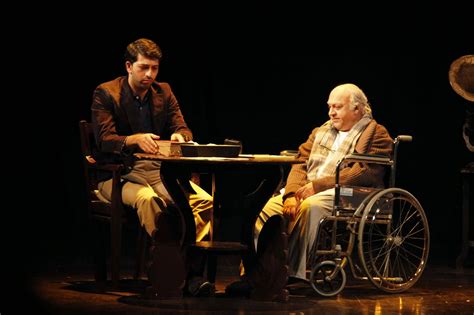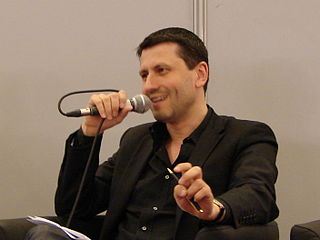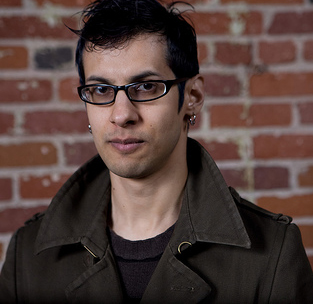A Quote by Wade Davis
Cultural survival is not about preservation, sequestering indigenous peoples in enclaves like some sort of zoological specimens. Change itself does note destroy a culture. All societies are constantly evolving. Indeed a culture survives when it has enough confidence in its past and enough say in its future to maintain its spirit and essence through all the changes it will inevitably undergo.
Related Quotes
The indigenous peoples understand that they have to recover their cultural identity, or to live it if they have already recovered it. They also understand that this is not a favor or a concession, but simply their natural right to be recognized as belonging to a culture that is distinct from the Western culture, a culture in which they have to live their own faith.
The changes that we can make in the culture can be there for people that we will never meet, that will never know us, and that's what keeps me up at night. It's what excites me about science, that we can learn ways of being with each other. And the behavioral sciences have not been enough of a part of cultural development. The physical sciences have; the behavioral sciences have not. And I would like to see if we can bring some things into human culture that would humanize and soften and empower people.
The language of the culture also reflects the stories of the culture. One word or simple phrasal labels often describe the story adequately enough in what we have termed culturally common stories. To some extent, the stories of a culture are observable by inspecting the vocabulary of that culture. Often entire stories are embodied in one very culture-specific word. The story words unique to a culture reveal cultural differences.
What history teaches us is that man does not change arbitrarily; he does not transform himself at will on hearing the voices of inspired prophets. The reason is that all change, in colliding with the inherited institutions of the past, is inevitably hard and laborious; consequently it only takes place in response to the demands of necessity. For change to be brought about it is not enough that it should be seen as desirable; it must be the product of changes within the whole network of diverse casual relationships which then determine the situation of man.
For Indigenous peoples , the impact of separating us from our heritage goes directly to the heart that pumps life through our peoples. To expect a people to be able to enjoy their culture without their cultural heritage and their sacred belongings is equivalent to amputating their legs and digging up the ground and asking them to run a marathon.
You can’t mandate [cultural change], can’t engineer it. What you can do is create the conditions for transformation. You can provide incentives. You can define the marketplace realities and goals. But then you have to trust. In fact, in the end, management doesn’t change culture. Management invites the workforce itself to change the culture.
It seemed [there are] musical nodes on the planet where cultures meet and mix, sometimes as a result of unfortunate circumstances, like slavery or something else, in places like New Orleans and Havana and Brazil. And those are places where the European culture and indigenous culture and African culture all met and lived together, and some new kind of culture and especially music came out of that.
The real controversy comes with anthropologists - not all, but some - who see themselves as studying culture, and they then see culture from the perspective of humans, which is what they study. From their perspective, or, from some of their perspectives, it's sort of heresy to even talk about culture in any other animal. Others would say, "Yeah, you can talk about it, but our definitions of culture are so utterly different from yours and include things like values, and so on, which you've never shown to exist in any of these other creatures."
If you're part of any kind of writerly community, some of those people will have gone through MFA programs, and their thinking leaks into yours. So whatever changes MFAs have made to the culture, it's to the culture as a whole. It can't be pinned down to individual books in a way that some people would like to do.
